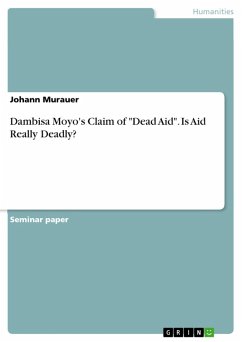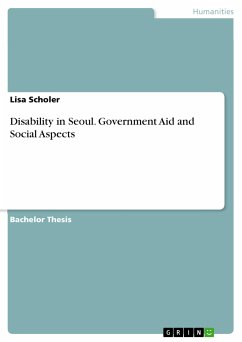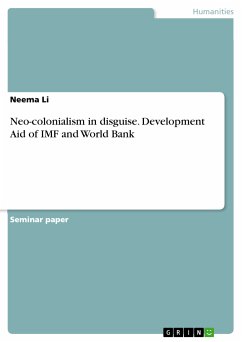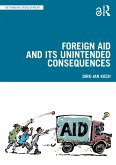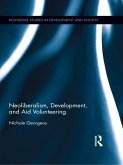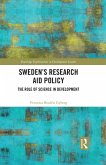Seminar paper from the year 2011 in the subject Sociology - Politics, Majorities, Minorities, grade: 1, University of Linz (Institut für Soziologie), course: Seminar: Analysis of Societal Dynamics, language: English, abstract: Dambisa Moyo argues in her book "Dead Aid" that systematic aid given to African countries has terrible effects and should be stopped; she regards aid as the problem, not the solution to development issues. Her reasoning is based on the arguments of aid supporters. She tries to demonstrate that these arguments are wrong and that aid is therefore harmful. In this paper Moyo's arguments are analysed and some weaknesses are highlighted. It is also shown that empirical times series data from the World Bank and the United Nations Development Programme (UNDP) do not prove Moyo's conclusion. Although there are problems related to aid, a different approach to solving the problem is suggested. Instead of stopping aid, a better way to overcome some side effects would be the negotiating of goals and the conditionality of aid in a partnership before aid starts, as proposed in the Poverty Reduction Strategy Papers.
Dieser Download kann aus rechtlichen Gründen nur mit Rechnungsadresse in A, B, BG, CY, CZ, D, DK, EW, E, FIN, F, GR, HR, H, IRL, I, LT, L, LR, M, NL, PL, P, R, S, SLO, SK ausgeliefert werden.

